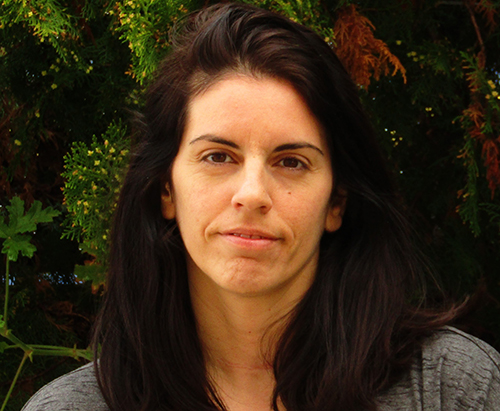GAZE
★ ★ ★ ★
WOMEN ASTRONAUTS AND THE POLITICS OF THE GREAT BEYOND

Image by Adam Miller
By Irena Ioannou
In 2020 Christina Hammock Koch, a female astronaut, returned to earth after 319 days in space. Her journey constitutes the longest mission ever performed by a woman astronaut. Koch had also been one of the members of the first all-woman spacewalk performed in October 2019. The impressiveness of her actions is both a reason for celebration and a cause of concern. As another female astronaut, Caldwell Dyson, so eloquently put it, “As much as it’s worth celebrating the first spacewalk with an all-female team, I think many of us are looking forward to it just being normal”.
I couldn’t agree with Dyson more. Every time someone stresses our accomplishments and some women’s firsts in an otherwise male environment, we are reminded that women’s excellence is generally portrayed as the exception and not the norm. And that many realms are still dominated by men, in the same way that saviors and heroes are predominantly thought of as male. One such sphere dominated by men is space exploration.
Neil Armstrong was the first man to walk on moon in 1969 and since then a string of mostly male astronauts made giant leaps to conquer space. Yet, only recently has the reasoning behind favoring men, and not women, to send into space been questioned.
Sending men into space is less sustainable
In rational terms, men produce more waste and need more resources to keep breathing. In space, more waste is translated into more system demand to “recycle and remove that junk”. The need for more food, on the other hand, equals more weight sent into space. Women thus, from this perspective, have an advantage. Due to their lower size and their physiology, their needs for food and oxygen are less, which is not negligible for a space mission, since “rocketing weight into space, and maneuvering once you’re there, requires fuel, which costs money”.
The logistics of providing sturdy male astronauts with the additional calories is not the only disadvantage posed when men are selected as astronauts. Size matters more in cramped quarters where people have to live and move for days, and women, due to Mother Nature, again, also have the benefit of taking up less space.
Male astronauts and systemic misogyny
So if men pose more disadvantages than women astronauts why were they selected to be sent into space in the first place? In a place where their physical strength is neutralized, this is an interesting question.
Perhaps, a systemic rationality can be discerned in the reasons the first all-woman spacewalk ever was cancelled in March 2019, and one of the female astronauts was replaced last minute by a man. It seemed no one in NASA had made sure that enough (two) ready-to-wear medium-sized spacesuits were available.
On top of that, it was discovered that all spacesuits come out in medium, large and extra-large sizes, excluding in this way all women who wear a small size. When the suits were designed, they were arguably either modeled on male bodies, or it never crossed the decision-makers mind that women could launch into space too.
Women are sent into space, regardless
No matter the obstacles, some women astronauts have success stories to share. Until March 2021, though, only 65 women have flown into space globally, which constitute approximately 11% of all astronauts. Moreover, the reasoning behind those first missions had nothing to do with meritocracy. It was a nationalistic Cold War race, and in the early 60s the head of the soviet cosmonaut training wrote so in his journal. In his words, “We cannot allow that the first woman in space will be American. This would be an insult to the patriotic feelings of Soviet women.”
Value and logistics thus have long been irrelevant regarding the selection of future astronauts. The same was proven true in NASA’s 2013 astronaut class, where 6.100 candidates were whittled down to just eight. The final two selected were Anne McClain and Christina Koch, both women. One of them had to be replaced last minute because, as touched upon earlier, even though two medium spacesuits existed for space travel, only one of them was “prepped for a spacewalk”. Yet another man—not a first choice—ended up in space once again.
The procreation issue
The way a giant step for humanity and the subsequent creation of a narration of national heroes has been orchestrated at the expense of women is not only worth examining for equality reasons. It can also be considered a shortsighted approach for space politics which prioritize colonization. It goes without saying that procreation, as we know it, still needs women.
Yet, even though sex and procreation in space is troubling scientists enough for them to send sperm to examine how it reacts to microgravity, women are conspicuously ignored when it comes to the time they spend in space. It is as if their experiences and presence is considered unnecessary. In rational terms, again, a certain pattern can be discerned both on Earth and in the great beyond. Billions are spent, and when men take all the decisions we end up with a pretty myopic outcome.

Irena Ioannou writes from Crete, Greece and her work has recently appeared in Crannóg and Betty Fedora. She is currently working on her first novel. She is a mother of five.
























0 Comments